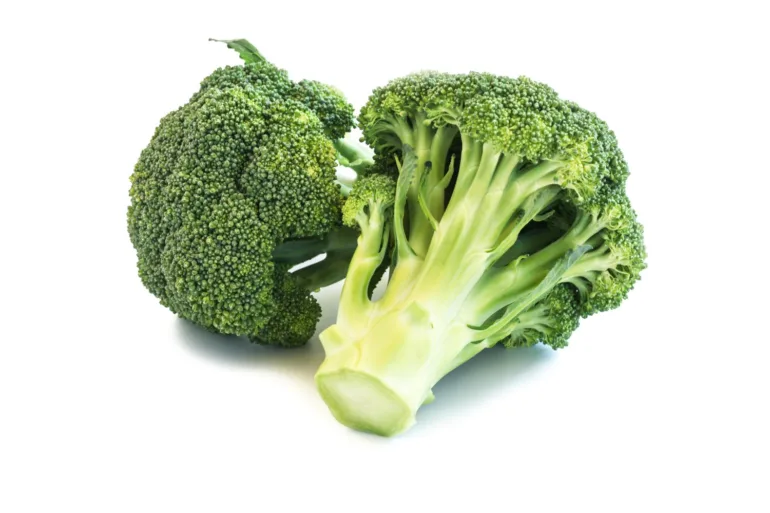Some meals don't just leave a mark on your plate. An unpleasant odor betrays what you've eaten. Freshness can be lost even with perfect hygiene. Which foods silently spoil the natural scent of your skin and why does this happen?
Unpleasant body odor It is not accidental and is not just a result of sweating. It is the end result of metabolic processes that occur every day. When the body digests food, compounds are formed, which are not only excreted through urine or feces - a significant portion is also excreted through the skin, sweat, and breath.
Some foods are more problematic than others. They contain ingredients that, when broken down, turn into volatile molecules with an unpleasant odor. The body naturally eliminates them, but their effect can interfere with the perceived freshness, even if it is hygiene flawless.
5 foods that cause body odor
1. Fish and seafood

Fish proteins and specific compounds, such as choline, are metabolized in the body of some individuals into substances with a distinctly strong, pungent fishy odor. This can spread through skin and breath.
Although this phenomenon is rare, it cannot be completely ignored. Even in people without metabolic disorders, a noticeable body odor reminiscent of rotten seafood can appear after a large fish meal.
2. Sulfur greens

Vegetables such as broccoli, cauliflower and cabbage, is considered an extremely healthy choice, but it contains natural sulfur compounds. These break down into gases when digested, which have a pungent, unpleasant odor.
When the body sweats, these substances can pass onto the skin and create an unpleasant effect. If such foods are consumed regularly and in large quantities, the odor can persist for a long time.
3. Spices that leave a trace – an unpleasant smell

Strong, aromatic spices such as curry, cumin and other oriental blends contain volatile compounds that pass into the bloodstream and are excreted through sweat.
Although dishes with them can they smell delicious on a plate, their body odor does not always develop in the same pleasant way. A trapped note may remain, which, mixed with sweat, turns into an unpleasant odor.
4. Red meat and its silent effect
Proteins from red meat are broken down in the body broken down into amino acids, which, when in contact with bacteria on the skin, trigger characteristic, often pungent odors.
The body takes longer to metabolize meat after consuming large amounts, which means that the potential for odors to be released is longer and more pronounced. Regular, frequent consumption of red meat in the diet may affect body odor more than is often assumed.

5. Soy
Fermented soy products, as well as peanuts and some legumes, contain ingredients that break down into distinct compounds in certain people. If there are problems with the metabolism of certain amines, the body can release an odor that is detectable long after a meal. Although these are mostly rare reactions, they still affect the perception of smell.

Freshness starts on the plate
Body odor is not something that can be controlled with just deodorant or showering. The impact of diet is real and noticeable. Anyone who wants to stay fresh throughout the day must be paying attention to what he enjoys.
Bad breath doesn't happen right away, but can develop over hours or even days. A balanced diet also means a balanced smell – and this can be achieved without a strict diet, just with a few thoughtful choices.






